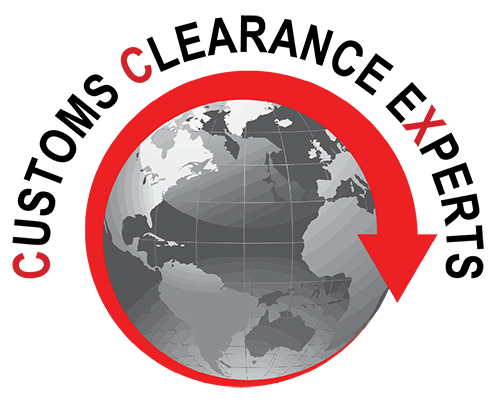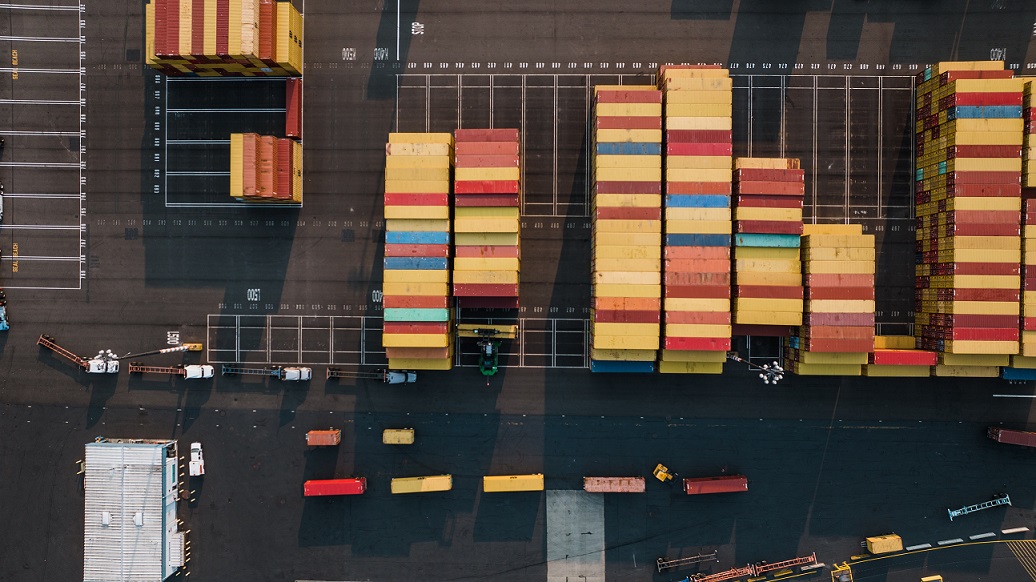If you’re looking for an easy and efficient customs declaration solution, this is the right place to be! Customs Clearance Experts is here to help you as much as we can.
The global economy relies on global trade, but customs declaration has been a bottleneck characterised by bureaucracy and inefficiency. To tackle this challenge, technology solutions like electronic data interchange (EDI), digitisation, and automation can streamline processes, reduce costs, and enhance efficiency in customs clearance. Embracing a tech-centric approach can optimise resource utilisation and ensure smoother international shipping operations.
Efficient customs declarations play a crucial role in facilitating international trade and ensuring the smooth flow of goods across borders. As globalisation continues to thrive, countries around the world are recognising the need to transition from traditional paper-based customs processes to digital customs systems. In the customs and logistics market of today, it is very important to maintain speed, accuracy, and compliance.
Today, we will talk about the challenges faced by traditional customs declarations, the benefits of adopting a digital customs process, key elements of such a system, and considerations for overcoming challenges during implementation.
5 Challenges Of Traditional Customs Declarations
- Manual Paperwork: Customs officials face the daunting task of sifting through stacks of paperwork, leading to time-consuming processes and potential errors.
- Time-Consuming Processes: The manual review and processing of documents in traditional customs declarations often result in delays, hindering the efficient clearance of goods.
- Human Errors & Inconsistencies: Data entry and processing done manually are prone to human errors and inconsistencies, introducing inaccuracies into the declaration process and increasing the risk of disputes.
- Delays & Bottlenecks: The combination of manual paperwork, time-consuming processes, and potential errors contributes to delays and bottlenecks in customs clearance, disrupting the smooth flow of goods.
- Impediments To International Trade: These challenges pose significant obstacles to international trade, as delayed or inaccurate customs declarations can disrupt supply chains and hinder the movement of goods across borders.
What Are The Benefits Of Digital Customs Process?
- Streamlined Documentation & Data Management: A digital customs process enables the electronic submission of customs declarations, eliminating the need for paper-based documentation. This streamlines the entire process, making it faster and more efficient. It also allows for centralised and standardised data management, reducing the risk of errors and discrepancies.
- Automation & Accuracy In Customs Declarations: With digital customs systems, repetitive tasks can be automated, reducing the burden on customs officials and minimising the likelihood of human errors. Advanced algorithms and validation checks ensure the accuracy and completeness of customs declarations, minimising the risk of non-compliance and improving data quality.
- Enhanced Efficiency & Faster Clearance Times: By leveraging digital customs processes, clearance times can be significantly reduced. Automated systems can swiftly process and analyse large volumes of data, enabling faster decision-making and customs clearance. This enhanced efficiency benefits both businesses and customs authorities, allowing for faster trade facilitation and improved supply chain performance.
What Are The Key Elements Of An Efficient Digital Customs Process?
1. Electronic Submission Of Customs Declarations
Digital customs processes involve the electronic submission of customs declarations, eliminating the need for paper-based forms. Importers and exporters can submit their declarations electronically, providing accurate and standardised information required for customs clearance.
2. Integration Of Data Systems And Interoperability
Effective digital customs systems require the integration of various data systems and seamless data exchange between relevant stakeholders. This integration enables real-time visibility and information sharing, improving collaboration between customs authorities, importers, exporters, and other relevant parties.
3. Use Of Advanced Technologies Like Blockchain And AI
Advanced technologies such as blockchain and artificial intelligence (AI) can further enhance the efficiency and transparency of digital customs processes. Blockchain technology ensures secure and tamper-proof data storage and enables traceability throughout the supply chain. AI algorithms can automate data analysis, risk assessment, and decision-making, improving the accuracy and effectiveness of customs procedures.
How To Overcome These Challenges & Adopt Efficiently?
To successfully transition to a digital customs process, several challenges must be addressed. Upgrading infrastructure and systems to support electronic submissions and data exchange is crucial. Governments need to invest in robust and secure IT systems capable of handling large volumes of data.
Plus, training and capacity-building programmes for customs officials are essential to ensure they have the necessary skills to operate and manage digital customs systems effectively. Collaboration between government agencies, customs authorities, businesses, and technology providers is vital to ensuring a smooth transition and addressing any implementation challenges.
Try Customs Clearance Experts To Feel The Innovation!
In the end, the adoption of a digital customs process becomes crucial for the advancement of any business in the ever-growing global economy. Digitisation of customs declarations offers numerous benefits, including streamlined documentation, automation, and enhanced efficiency in customs declarations.
By embracing electronic submissions, data integration, and advanced technologies, countries can overcome the challenges of traditional customs processes and create a more efficient and transparent trade environment.
For expert guidance and assistance in navigating the complexities of customs clearance, contact Customs Clearance Experts. Our team of professionals has the knowledge and experience to optimise your customs declarations and ensure seamless trade operations in the digital era.
Contact us today to find out more about our services and how we can support your international trade endeavours!

